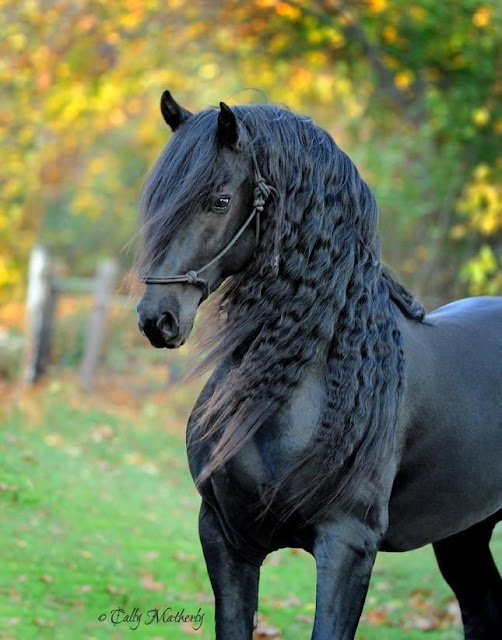The Andalusian, also known as the Pure Spanish Horse, Spanish/Portuguese Horse or PRE (Pura Raza Española), is a horse breed from the Iberian Peninsula, where its ancestors have lived for thousands of years.
As long as it can be proven that the horse’s bloodlines can be traced in an unbroken line back to Spain or Portugal, they are eligible for any of the available “Andalusian” registries, depending on their bloodlines. See our ‘Organizations’ page for more information on the registry options.
The Andalusian has been recognized as an individual breed since the 15th century, and its conformation has changed very little over the centuries. Throughout its history, it has been known for its prowess as a warhorse, and prized by nobility. The breed was used as a tool of diplomacy by the Spanish government, and kings across Europe rode and owned Spanish horses.
In the 1400’s, a decree was issued by the Spanish military authority, directing the Spanish Breeders to blend their pure Andalusian mares with Neapolitan drafts in response to the weight of armor carried into battle. A small group of family breeders refused, selecting their best horses and hiding them away on monastery lands in Cartujana. The Carthusian monks were said to have managed a breeding program based on these horses for almost 400 years after this.
Around 1835 the government dissolved the church’s ownership of the lands and the horses were passed on to a small handful of families who preserved the original lines for years to come. These horses heavily influenced the breed and although rare, can still be found today, referred to as “Bocado” (Cartujano).
In the 1400’s, a decree was issued by the Spanish military authority, directing the Spanish Breeders to blend their pure Andalusian mares with Neapolitan drafts in response to the weight of armor carried into battle. A small group of family breeders refused, selecting their best horses and hiding them away on monastery lands in Cartujana. The Carthusian monks were said to have managed a breeding program based on these horses for almost 400 years after this.
Around 1835 the government dissolved the church’s ownership of the lands and the horses were passed on to a small handful of families who preserved the original lines for years to come. These horses heavily influenced the breed and although rare, can still be found today, referred to as “Bocado” (Cartujano).
Strongly built, and compact yet elegant, Andalusians have long, thick manes and tails. Their most common coat color is gray, although they can be found in many other colors, including buckskin, chestnut and palomino. They are known for their intelligence, sensitivity, docility and versatility.
 |
| Aztecas and Quarterhorses - Alcazar Andalusians |
Over its centuries of development, the Andalusian breed has been selected for athleticism and stamina. The horses were originally used for classical dressage, driving, bullfighting, and as stock horses. Modern Andalusians are used for and excel in many different disciplines, including open dressage, driving, pleasure and breed shows. They are very versatile and you will often see them shown in many different disciplines at the same show.
The breed is also used extensively in movies, especially historical pictures and fantasy epics.
Other articles on the same theme:
Sorce: Andalusianworld and more






No comments:
Post a Comment